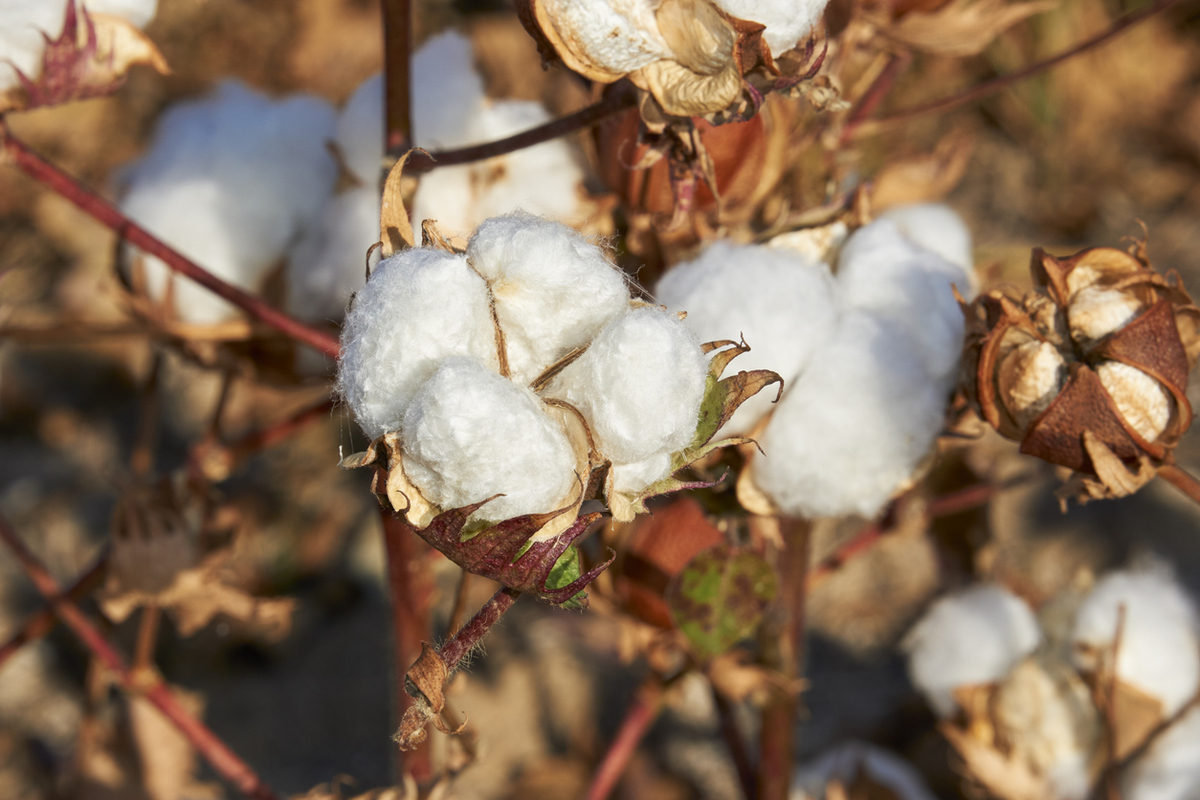
Experts Discuss Barriers to Bt Cotton Adoption in the Philippines
May 14, 2025| |
The approval for the commercial propagation of Bt cotton marks a breakthrough in revitalizing the cotton industry in the Philippines. To understand potential impact and challenges, a commentary written by Rosalyn Angeles-Shim from Texas Tech University, USA and Georgina Vergara from the University of the Philippines Los Baños (UPLB) provided a comprehensive background and discussion on Bt cotton and its adoption.
Bt cotton varieties demonstrated advantages in trials conducted across multiple provinces in the Philippines. Bt cotton provides hope for increased profitability and sustainability in cotton farming, with pilot farms in Ilocos Norte showing significantly higher incomes. However, the authors cited several challenges that could threaten the successful adoption of Bt cotton in the country. Among the challenges discussed are the following:
- Technological framework and infrastructure - existing infrastructure and tools must be upgraded to handle the shorter fiber of Bt G. hirsutum.
- Technology transfer - integrating Bt technology into local cotton varieties is technically challenging and requires technical expertise and capacity to avoid compromising fiber quality.
- Social acceptance - the distrust among farmers and weavers highlights the need for education on the safety and economic benefits of Bt cotton.
While Bt cotton presents an opportunity to boost the cotton industry, several systemic and cultural challenges must be addressed to ensure the adoption and acceptance of Bt cotton in the Philippines. The authors concluded that training and financial support to farmers and weavers and educational campaigns are essential to build trust in the technology.
For more information, read the Commentary on GM Crops & Food.
| |
You might also like:
- Philippines Approves Bt Cotton for Commercial Propagation
- Bt Cotton Shows Adaptability in Ilocos Region
- Pocket K No. 6: Bt Insect Resistant Technology
Biotech Updates is a weekly newsletter of ISAAA, a not-for-profit organization. It is distributed for free to over 22,000 subscribers worldwide to inform them about the key developments in biosciences, especially in biotechnology. Your support will help us in our mission to feed the world with knowledge. You can help by donating as little as $10.
-
See more articles:
-
Plant
- EFSA GMO Panel Releases Scientific Opinion on GM Sugar Beet KWS20-1
- Multiplex Genome Editing Improves Agronomic Traits of Salt-tolerant Rice SR86
- [IMPORTANT UPDATE] Save the Date: 8th Asian Short Course on Agribiotechnology, Biosafety Regulation, and Communication
- Experts Discuss Barriers to Bt Cotton Adoption in the Philippines
- Ecuador Determines Cibus Herbicide Tolerance Rice Traits are Equivalent to Conventional Breeding
-
Animal
- Gene Editing Spiders Produce Red Fluorescent Silk
-
Food
- Microbiologist from São Paulo Named 2025 World Food Prize Laureate
- Kobe University Researchers Produce Healthier Yogurt Using Gene Editing
-
Read the latest: - Biotech Updates (February 11, 2026)
- Gene Editing Supplement (January 28, 2026)
- Gene Drive Supplement (February 22, 2023)
-
Subscribe to BU: - Share
- Tweet

